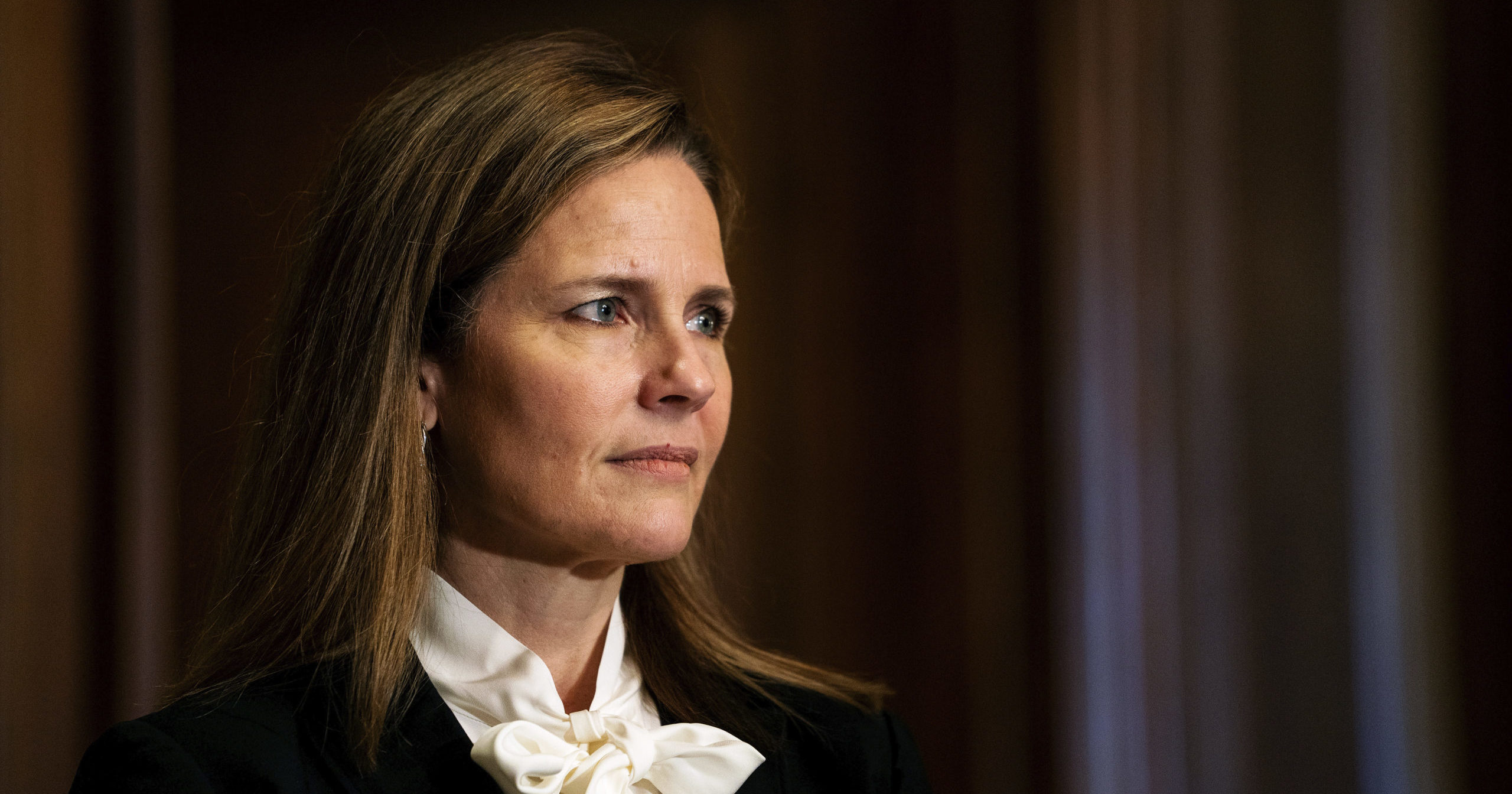
Supreme Court Opens New Chapter with Firm Conservative Control on Horizon
The Supreme Court opens a new term on Monday with Republicans on the cusp of realizing a dream 50 years in the making, a solid conservative majority that could protect the right to life, expand gun rights and shrink the power of government.
Eight justices are getting back to work, still mourning the death of their colleague Justice Ruth Bader Ginsburg, the leader of the court’s liberal wing.
They’re working in the midst of a pandemic that has drastically changed the way the court conducts business.
And the presidential election is less than a month away.
President Donald Trump’s nominee for Ginsburg’s seat, Judge Amy Coney Barrett, could be on the bench in time for one of the term’s biggest cases, post-Election Day arguments in the latest Republican bid to strike down the Affordable Care Act.
Barrett’s confirmation would cement a 6-3 conservative majority.
Conservatives would have five votes even in cases in which Chief Justice John Roberts might side with the remaining three liberal justices.
“I would guess that on the whole we’re going to see a considerable and perhaps quite rapid shift to the right,” Orin Kerr, a law professor at the University of California, Berkeley, said.
The term is so far short on high-profile cases, but that could change quickly because of the prospect of court involvement in lawsuits related to the election. Trump has said he wants Barrett in place soon so that she could weigh in on any voting cases.
Already this year, the justices have weighed in on mail-in voting issues in Wisconsin, Alabama, Rhode Island, Florida and Texas.
The court will begin the term the way it ended the last one — meeting by telephone and allowing the public to listen live to arguments.
The biggest change is the absence of Ginsburg, who died of cancer last month at age 87 after 27 years on the bench. When the justices met remotely in May, she already was suffering from a recurrence of pancreatic cancer that was first diagnosed in 2009.
The cases being argued over the next two weeks all had been scheduled for last spring.
The most consequential case in October is a dispute between technology giants in which Oracle claims it’s owed $9 billion by Google.
The day after the election brings a battle of religious rights and LGBT discrimination from Philadelphia.
A social service agency run by the Catholic Church sued after the city decided to stop placing children with the agency over its policy of not permitting same-sex couples to serve as foster parents.
In December, the justices will decide whether the House of Representatives can obtain grand jury materials that were part of special counsel Robert Mueller’s investigation of Russian interference in the last election.
The Western Journal has reviewed this Associated Press story and may have altered it prior to publication to ensure that it meets our editorial standards.
Truth and Accuracy
We are committed to truth and accuracy in all of our journalism. Read our editorial standards.
Advertise with The Western Journal and reach millions of highly engaged readers, while supporting our work. Advertise Today.












